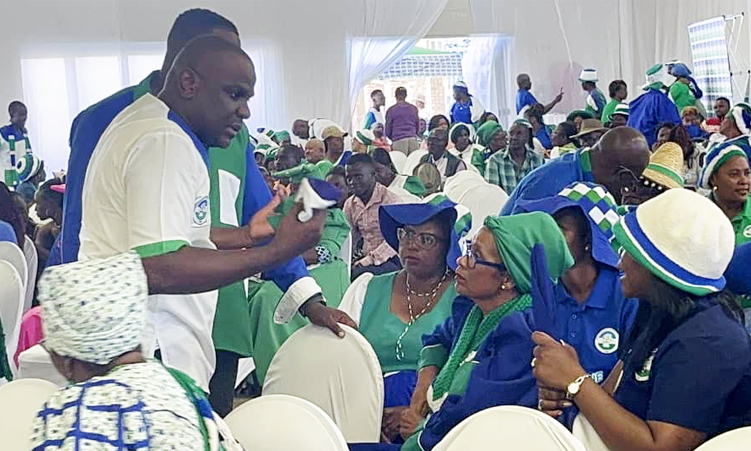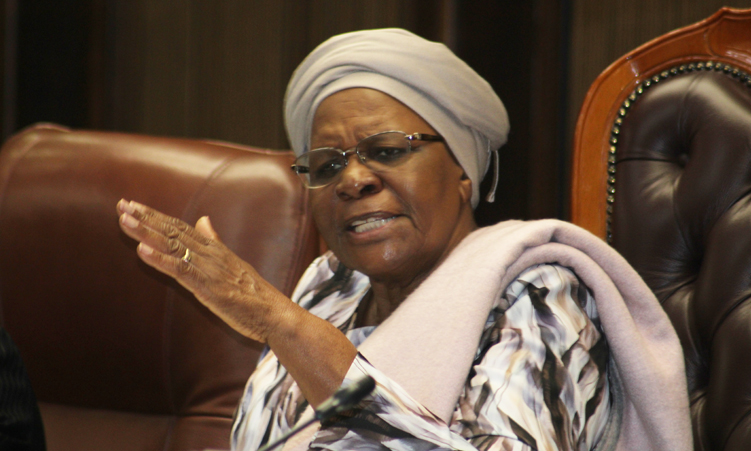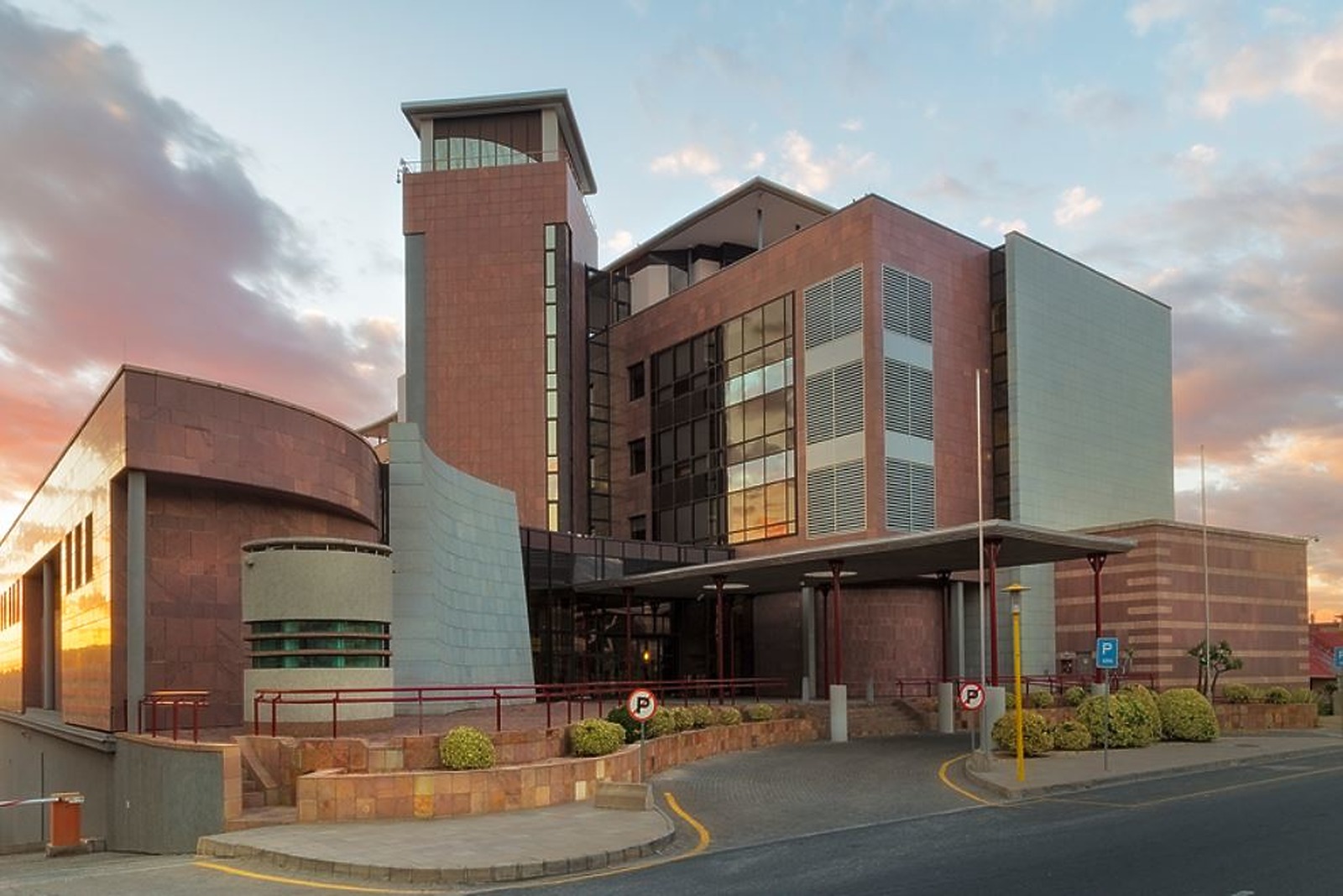Analysts have predicted doom and gloom for the United Democratic Front (UDF) if it does not establish clear policies. By 18h00 yesterday the UDF was still busy with its party leadership election process.
The party held its electoral congress on Saturday at Swakopmund, but this was disrupted by party members who were demanding the financial and presidential reports. The two reports were not presented at the congress as the programme did not make provision for them.
“We were supposed to ask a question before the keynote speaker [Apius Auchab]. Let’s just go eat lunch and proceed with elections, because the people were voted out of power,” Belinda Garoes from the party’s Okahandja branch said over the weekend.
Attempts to obtain comment from the congress delegates and the outgoing leadership proved futile as they were all still busy with the election process by the time of going to print.
The lackluster agenda included prayer, the introduction of the keynote speaker, a statement by the keynote speaker, lunch, the introduction of candidates and the election of leaders.
Political analyst Ndumba Kamwanyah found the congress agenda problematic. “It cannot be a congress and you only have that topic to cover. A congress must also deliberate on policy issues. That really suggests that the party seems to be in ICU,” he said yesterday.
Kamwanyah noted similarities with chaotic scenes from the party’s social media clips, reminiscent of the Congress of Democrats’ congress.
According to him, the fact that the UDF delayed its congress for 10 years, with minimal items on the agenda, raises further concerns about its internal health.
“This has confirmed that all is not well within the party. After so many years, you have nothing on your agenda except the elections and the prayers and then you have that squabbling going on,” said Kamwanyah.
He blames the party’s leadership for its status, asserting that the UDF requires visionary leaders who can steer it towards sustainability.
Kamwanyah says political parties must prove their ability to manage internal affairs before aspiring to govern at national level.
Political analyst Rui Tyitende, who attended the congress yesterday said despite all that happened at the congress the UDF will likely survive due to the crucial role of ethnicity in Namibian politics.
“Namibian voters to a large extent do not read political ideologies, do not support party policies and do not read party manifestos. They look at identity, especially that of the leaders,” he said.
He highlighted the lack of legal frameworks and available information, such as the party’s manifesto at the congress, as contributing factors to the difficulties faced during the electoral process.
Tyitende urged the party to address the issues of social cohesion and leadership transition.
“The social cohesion in the party is clearly not there and there there appears to have been a new group of leaders which has emerged from various regions, who want to challenge and actually topple the status quo in terms of the current leadership.
“Processes in terms of elections are new to them. You could see there was complete uncertainty over what to do now that the leadership has been dissolved,” he said. The UDF last had a congress in 2013.
Stay informed with The Namibian – your source for credible journalism. Get in-depth reporting and opinions for
only N$85 a month. Invest in journalism, invest in democracy –
Subscribe Now!










